Building a robust and efficient design system for fintech applications is essential for creating consistent user experiences, ensuring scalability, and simplifying collaboration between developers and designers. Pilot Pen’s Component Library is meticulously crafted to streamline fintech app design while providing flexibility, speed, and customizability. In this article, we dive deep into the core components that power Pilot Pen’s design system, analyzing how they enable seamless product development in fintech.
Before diving into specifics, let's establish what a design system is and why it matters for fintech companies. A design system offers a standardized set of rules, guidelines, and reusable components that make application development faster and more consistent. For fintech, this means streamlined user experiences and enhanced security features built-in from the start.
1. Buttons: Driving User Interaction

Buttons are the linchpin of user interaction in fintech apps, from making transfers to confirming trades. The Pilot Pen design system provides a variety of button styles that cater to different use cases:
Primary Buttons: Used for high-importance actions like "Submit" or "Confirm Payment." These are designed with contrast and size in mind for easy accessibility.
Secondary Buttons: Ideal for less critical actions such as "Cancel" or "Back."
Icon Buttons: Compact buttons used for actions like filtering or opening a menu.
Customization Options:
Size Variations: Small, medium, and large to adapt to different screen sizes.
Hover & Active States: Subtle animations and color changes to improve interactivity.
Dark Mode Ready: Buttons adjust automatically to dark mode settings, offering seamless UX transitions.
2. Text Input: Ensuring Accuracy in Data Entry

Text input fields are critical for secure and accurate data entry in fintech apps. Whether it’s inputting sensitive information like account numbers or basic personal details, Pilot Pen provides input fields designed with security and usability in mind:
Standard Text Fields: For entering data like usernames or addresses.
Password Fields: Enhanced with eye icons to toggle visibility and secure data masking.
Number Fields: Optimized for financial data entry like account balances, requiring numerical inputs only.
Features:
Validation Indicators: Immediate feedback on errors like incorrect formats.
Placeholder Text & Labels: Providing clarity on what input is required, improving user experience.
Adaptive Design: Scales seamlessly across mobile and desktop.
3. Avatars: Personalizing User Profiles

Avatars give a personal touch to fintech dashboards, adding user identity elements to create a more engaging experience. Pilot Pen’s Avatar component is customizable and versatile:
Shapes: Choose between circular and square avatars to suit the overall design theme.
Sizes: Small, medium, and large sizes are available for use in different contexts (e.g., dashboard, side panel).
Upload & Edit Options: Users can upload or update avatars directly, ensuring a personalized experience.
Additional Features:
Fallback Options: When no avatar is provided, a fallback icon with initials is displayed.
Badges: Add notifications or status indicators like online/offline.
4. Tokens: Streamlining Design Language

Tokens define consistent values for aspects like colors, radius, and spacing throughout the design system. In fintech, where trust and consistency are crucial, Pilot Pen’s token system simplifies branding and ensures uniformity:
Color Tokens: Defined for primary, secondary, success, error, and neutral states, ensuring brand colors are used consistently.
Spacing Tokens: Define the padding and margin between elements to maintain visual harmony.
5. Grid Spacing: Maintaining Visual Consistency

A well-defined grid system is the backbone of clean and organized UI design. Pilot Pen’s grid layout ensures that fintech applications maintain visual consistency across all screens:
12-Column Layout: Flexible enough for various screen sizes while maintaining balance.
Responsive Design: Adapts to mobile, tablet, and desktop resolutions with well-defined breakpoints.
Consistent Spacing Units: Uses consistent spacing (e.g., multiples of 8px) to maintain rhythm and structure throughout the UI.
Typography: Crafting Clear and Consistent Communication

Typography plays a critical role in conveying trust, clarity, and professionalism in fintech applications. In Pilot Pen’s Component Library, typography is carefully designed to ensure readability, accessibility, and consistency across all digital touchpoints. The system defines fonts, line heights, letter spacing, and text styles to create a harmonious hierarchy that supports the overall user experience.
Font Families and Text Styles
Primary Typeface: A clean, modern sans-serif font is used to align with the professional and reliable image required in fintech apps.
Text Styles: Different text styles are predefined for headings, subheadings, body text, captions, and labels, ensuring consistency across the platform.
Examples:
Headings (H1, H2, H3): Typically bold and larger to create a clear hierarchy, guiding users through the page.
Body Text: Regular weight and legible, designed to provide clear and concise information without overwhelming the user.
Labels and Captions: Smaller text sizes used for supplemental information, maintaining a balance between importance and clarity.
Line Height: Ensuring Readability
Line height (also known as leading) is a key factor in text legibility, particularly in data-heavy environments like fintech apps. Pilot Pen design system defines line heights that complement the text size, ensuring that content is easy to read and visually balanced.
For headings: A tighter line height (e.g., 1.2) to maintain focus and impact.
For body text: A more generous line height (e.g., 1.5) to improve readability in longer blocks of text, making information easier to digest.
Letter Spacing: Creating Visual Breathing Room
Letter spacing (also known as tracking) is carefully adjusted within the system to ensure that text is neither too crowded nor too spaced out. The aim is to make the interface clean and readable without creating visual tension.
Headings: Slightly reduced letter spacing for a compact, bold appearance.
Body Text: Neutral or slightly increased letter spacing to improve readability at smaller sizes.
Buttons and Labels: Letter spacing optimized for clarity, ensuring that even small text in buttons is legible.
Beyond the core components like buttons, text input fields, avatars, tags, etc., the Pilot Pen Component Library offers a wide array of other components designed specifically for fintech needs. These include checkbox, dropdowns, toggles, tags, alerts and so on, each crafted to maintain the same level of consistency, scalability, and customization. These additional components allow designers and developers to build comprehensive, user-friendly fintech applications with ease, ensuring that every interaction point is intuitive, secure, and aligned with industry standards.
Pilot Pen’s design system is finely tuned for fintech applications, offering a comprehensive set of components and design tokens to create secure, consistent, and visually appealing interfaces. The system’s flexibility allows for customization without sacrificing the core design principles, making it scalable and efficient for fintech products. The detailed focus on buttons, input fields, avatars, accordions, tokens, grid spacing, and radius ensures that every aspect of the design process is covered, from UX to branding.
By leveraging Pilot Pen’s design system, fintech companies can reduce design debt, accelerate development cycles, and deliver better user experiences across all platforms.
RELATED POSTS
HAVE AN IDEA ?
LET'S TALK.
We create experiences that fuel connections between brands and the people vital to their success.









